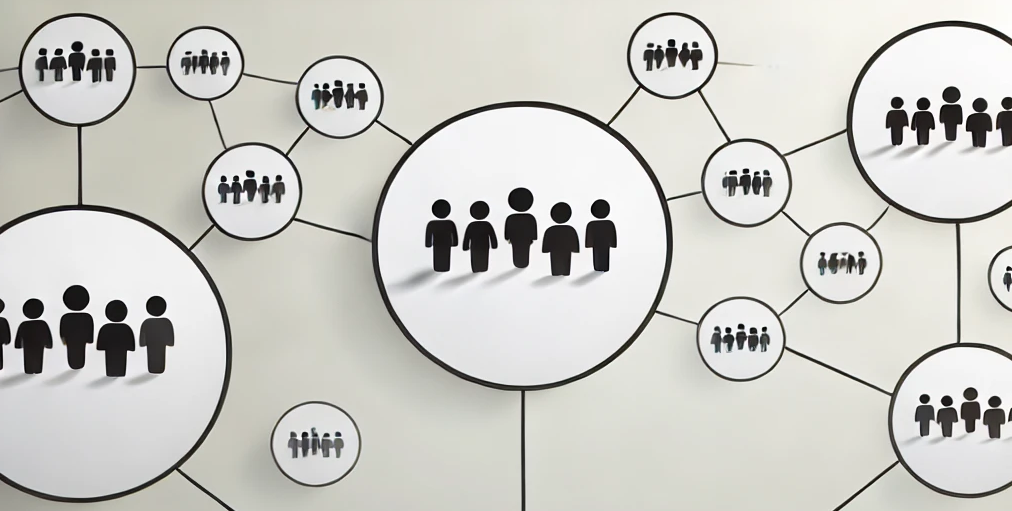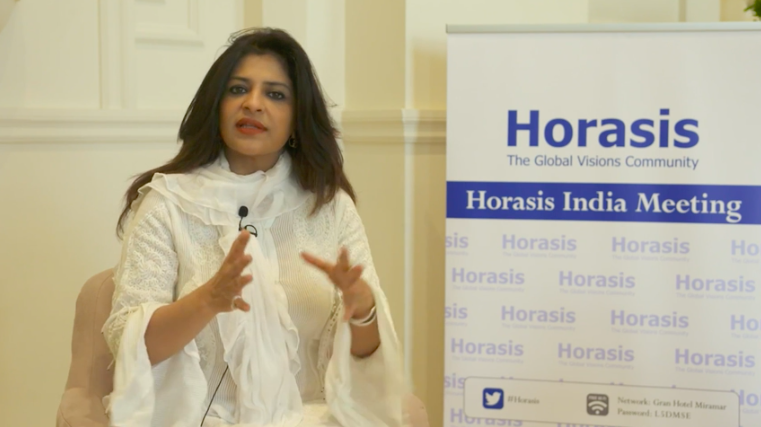Purpose and Society: What Unites Us
“Where there is no vision, the people perish.” – Proverbs 29:18 (Bible)
The need for a shared purpose in societies is a topic of great relevance. From a libertarian perspective, one might argue that freedom itself is the fundamental goal: if each individual seeks their own good, living and letting others live according to their convictions, this would represent the pinnacle of social purpose. However, such a premise assumes that freedom alone is the solution to all evils, which does not correspond to reality.
Paradoxically, in liberal societies, individuals often do not perceive a greater purpose in their daily lives. Personal objectives often boil down to surviving, paying bills, and dealing with surrounding complexities. Meanwhile, countries like Iran, Russia, and China have well-defined national motivations, developing and pursuing meticulously planned strategies to achieve political, economic, and geopolitical objectives, often challenging established global norms and interests.
For instance, Iran focuses on expanding its influence in the Middle East, maintaining a firm stance on its nuclear program despite international sanctions. Russia seeks to reaffirm its status as a global power, using its military strength, energy control, and disinformation campaigns to shape the international order in its favor. China positions itself as an economic and technological superpower, significantly investing in initiatives like the New Silk Road to consolidate global influence and secure access to strategic markets.
A liberal society that adopts the principle of “live and let live” can be considered naive by not recognizing the need to fight against enemies who wish to destroy our freedoms. Moreover, such a society may be oblivious to reality when expecting people in poverty to follow pre-established rules without considering their circumstances.
Global challenges, such as climate change, represent goals that should unite us regardless of geographical boundaries. Motivations that transcend borders can be seen as threats by nationalists. Films like “Elite Squad 2” illustrate this phenomenon, where characters from opposing political spectrums and with personal conflicts find a common purpose—the fight against corruption—significant enough to overcome their differences.
The PRIME model, which I have been promoting, starts with the “P” for purpose, because a shared vision is one of the few elements capable of pushing negative feelings like envy, anger, and greed into the background. Two fierce political rivals, Yitzhak Rabin and Shimon Peres, for example, set aside their pride to focus on what was crucial for both: the pursuit of peace.
In my article “The Mother of All Challenges,” I explain that humanity’s greatest difficulty is not misinformation, cyberattacks, or the proliferation of weapons of mass destruction, but human greed. In another text, I argue that our leaders are exempt from the meritocratic model, which leads them to conduct irresponsible social experiments—unlike the private sector, where clear goals and the possibility of replacing CEOs ensure accountability and results.
Purpose is fundamental to society because it anchors meritocracy among those in power. Firstly, because it separates the objective from the method. Both the right and the left aim for safer societies; thus, there is agreement on the goal, which is already a significant step and unites us. The divergence lies in how to achieve this objective: one side may advocate imprisonment, while the other seeks social reintegration. I perceive that in many cases, both sides are correct; the secret lies in integrating ideas rather than adopting absolutism. Above all, it is essential to leave the virtual world of make-believe and enter the real world, which happens through objective measurement.
Regardless of political affiliation, it is crucial that both sides unite to ensure that political leaders are held accountable for executing their actions and the results obtained. In this way, we can be assured that policies will not be implemented for ideological reasons unrelated to scientific and factual results.
The PRIME Society, the non-governmental international organization I founded, does not seek to dictate what the purpose of a society should be but offers best practices so that they are effective in their choices. A purpose without measurement, meritocracy, and empirical experiments is merely a narrative—appealing, but it does not put food on the table, nor does it educate the next generation, provide quality healthcare, job opportunities, public safety, and spaces for leisure.
Societies connected by common purposes form a federation; those without shared motivations but that still follow the PRIME framework are called clusters. All PRIME-type societies must adopt the same semantic and metadata format. For example, it must be clear whether “1” represents a centimeter, an inch, or a meter. This allows for comparing the effectiveness of purposes and executions, enabling societies to learn from each other. We may not agree on various aspects, but that does not make us enemies.
If the purpose of a society is prosperity, it should translate into a long-term goal, broken down by areas—for example, cities with similar purpose groups—and over time. Thus, the main explanation for not achieving the annual goal, in the absence of black-swan events, would be the incompetence of the executive running that society.
For this system to succeed, those who execute cannot be the ones who define the purposes, goals, and means of measurement, avoiding conflicts of interest.
But, after all, what is the purpose of the PRIME Society? To be a non-profit entity that conducts activities focused on the development and promotion of international tools, frameworks and standards for the creation and maintenance of PRIME Societies. This includes creating guidelines for interoperability, standards for Decentralized Autonomous Organizations (DAOs), open protocols, experimental cities blueprints, and other innovative governance models. Through research, collaboration with global stakeholders, and dissemination of information, the organization aims to advance societal structures and governance practices worldwide.
The PRIME Society intends to become a global society, composed of members who share its motivation and adopt the same type of governance it proposes for other societies. If you believe in our purpose, we invite you to share this idea, join us or create your own PRIME Society.



